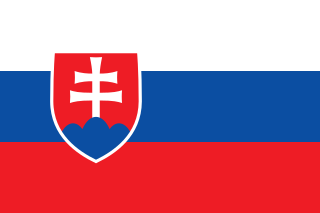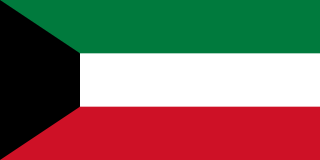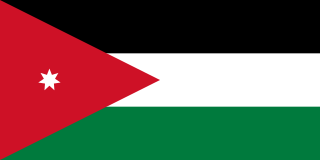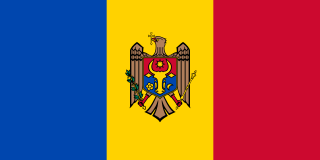
Corruption in Armenia has decreased significantly in modern times, but remains an ongoing problem in the country. Despite this, fighting corruption following the 2018 Armenian revolution has recorded significant progress. Armenia is a member of the Council of Europe's Group of States Against Corruption (GRECO) and the OECD's Anti-Corruption Network and Armenia's anti-corruption measures are regularly evaluated within their monitoring mechanisms.

Corruption in Albania is a very serious problem. According to Global Corruption Barometer 2013, 66% of respondents indicated that level of corruption has increased in Albania.

Corruption in Turkey is an issue affecting the accession of Turkey to the European Union. Transparency International's Corruption Perception Index scores 180 countries according to their perceived level of public sector corruption on a scale of 0 to 100. Since the current scale was introduced in 2012, Turkey's score has fallen from its highest score of 50 (2013) to its lowest, current score of 34 (2023). When the 180 countries in the Index were ranked by their score, Turkey ranked 115 in 2023. For comparison with worldwide scores, the average score was 43, the best score was 90, and the worst score was 11. For comparison with regional scores, the highest score among Eastern European and Central Asian countries was 53, the average score was 35 and the lowest score was 18.

In general, Belgium has a well-developed legal and institutional framework for fighting against corruption.

Corruption in Sweden has been defined as "the abuse of power" by Swedish National Council for Crime Prevention (Brå). By receiving bribes, bribe takers abuse their position of power, which is consistent with how the National Anti-Corruption Unit of the Swedish Prosecution Authority specifies the term. Although bribes and improper rewards are central in the definition of corruption in Sweden, corruption in the sense of "abuse of power" can also manifest itself in other crimes such as misuse of office, embezzlement, fraud and breach of trust against a principal.

According to Transparency International's Global Corruption Barometer 2013, corruption is a large concern in the public sector as more than half of the surveyed households consider Parliament, police, public officials, and particularly the judiciary and political parties very corrupt.

Levels of corruption in Luxembourg are generally said to be very low, and there a strong legal framework for combating corruption in the country. Surveys however indicate that a majority of the population believe political parties are either "corrupt" or "extremely corrupt."

Corruption in Latvia is examined on this page.

In 2013, a report by Transparency International revealed that political parties, Parliament, the judiciary and the military are the most corrupt institutions in Portugal. Transparency International's 2022 Corruption Perceptions Index ranks the country in 33rd place out of 180 countries in the Index.

Corruption in the Netherlands is minimal in all major areas—judiciary, police, business, politics—as the country is considered one of the least corrupt within the European Union.

Corruption in the Czech Republic is considered to be widespread by a majority of the Czech public, according to Transparency International’s Global Corruption Barometer 2013.

In recent years, Montenegro has increased its efforts to implement preventive and legislative measures needed to curb corruption. For example, anti-bribery provisions in the Criminal Code, as well as laws on money laundering, conflict of interest, access to information, and political funding have all been strengthened, while awareness-raising activities and training of public officials in integrity standards have been intensified.

Corruption in Slovakia is a serious and ongoing problem.

Petty and grand corruption is a growing problem within Morocco. A leaked report by a US diplomat stated in 2009 that corruption had become much more institutionalized under King Mohammed VI, and that the royal family had been using public institutions to coerce and solicit bribes.

Corruption in Kuwait is a problem resulting in political tensions in society.

Corruption in Jordan is a social and economic issue.

The government in Moldova has in recent years taken several steps to fight corruption, including law enforcement and institutional setups. The prosecution of officials who are involved in corruption has also increased in recent years. However, businesses consider corruption a serious problem for doing business, and the business environment continues to be one of the most challenging in the region.

There are several sectors in Ethiopia where businesses are particularly vulnerable to corruption. Land distribution and administration is a sector where corruption is institutionalized, and facilitation payments as well as bribes are often demanded from businesses when they deal with land-related issues.

Corruption levels are perceived to be high by surveyed residents of Serbia, and public trust in key institutions remains low.

Corruption in Azerbaijan is considered high and occurs at all levels of government. Corruption during the Soviet era was rife and persists into the present.





















